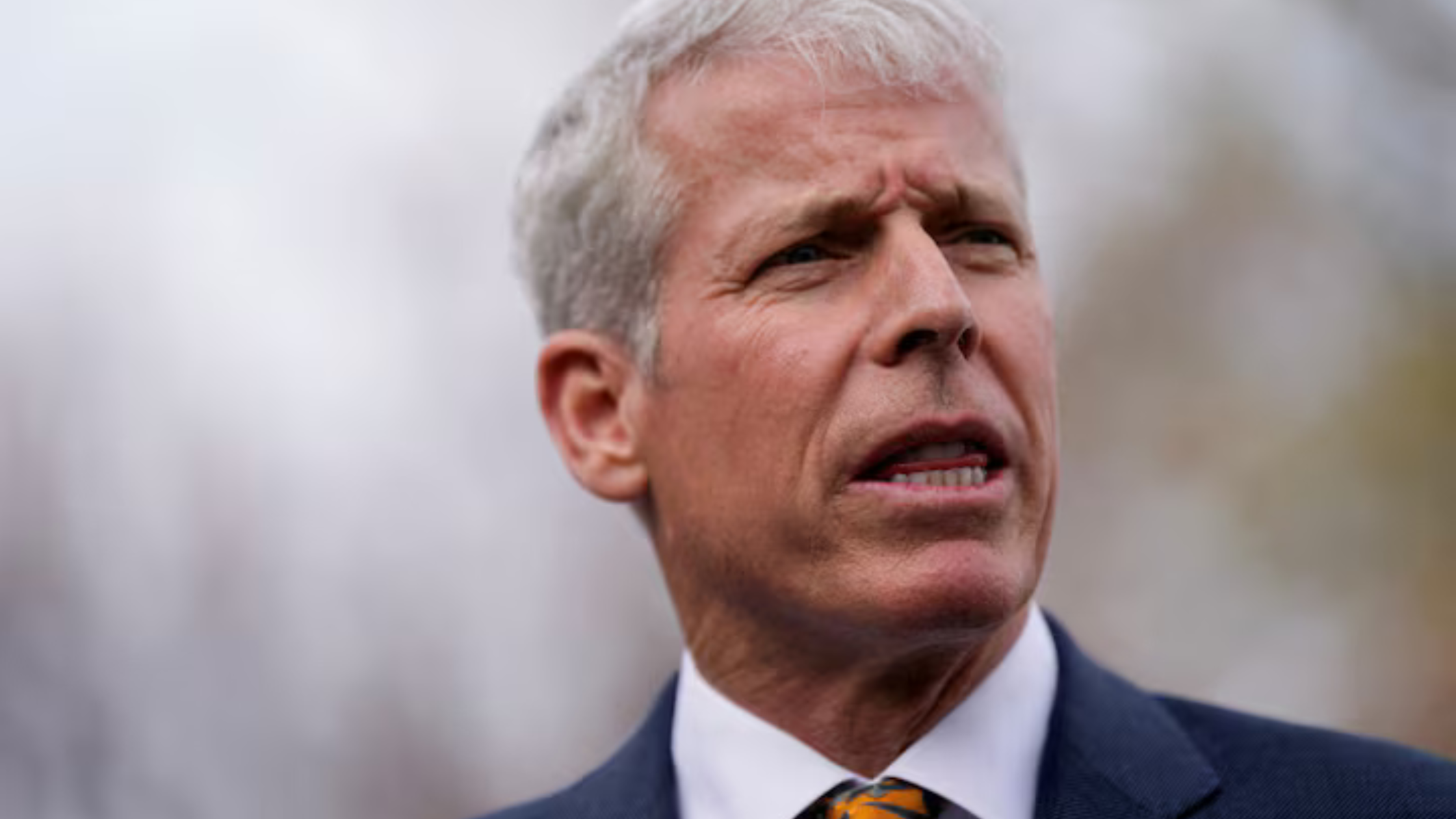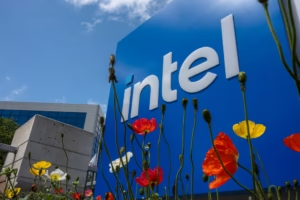U.S. Energy Chief Heads to Middle East in High-Stakes Mission to Stabilize Global Oil Prices—a bold diplomatic move to ease market uncertainty, protect American fuel costs, and strengthen energy ties across borders.
What Is This Mission and Why Is It So Important Right Now?
This heading introduces the purpose and urgency of the U.S. Energy Secretary’s visit. It answers the question: Why is this happening now?
The U.S. Energy Secretary, Chris Wright, is visiting Saudi Arabia, the UAE, and Qatar to address major disruptions in the global oil supply. Sanctions on Iran, Venezuela, and Russia have created unstable supply conditions. The U.S. wants to ensure energy stability, especially for American citizens dealing with fluctuating gas prices.
What Will Be Discussed During the Trip? A Strategic Breakdown
This heading breaks down the goals of the trip, giving readers clear takeaways on what’s at stake.
Here’s what’s on the agenda:
| Strategic Focus Area | Purpose |
|---|---|
| Oil Price Stabilization | Prevent sudden spikes at U.S. gas stations |
| Energy Investment Talks | Secure part of the UAE’s $1.4 trillion commitment in AI & clean energy |
| Geopolitical Risk Management | Mitigate fallout from U.S.–Iran nuclear talks and OPEC+ output shifts |
| Long-Term Energy Alliances | Strengthen U.S. influence in global oil policy and supply coordination |
U.S. Energy Chief, How Will This Affect Gas Prices in the U.S.?
Will this make a difference in my daily life?
Yes, it absolutely could. Gas prices are highly sensitive to global oil negotiations. For example:
- A $1 increase per barrel of crude oil often raises U.S. gas prices by 2.5–3 cents/gallon.
- The recent dip in WTI crude oil to $60.45/barrel suggests market instability that could rise again without diplomatic coordination.
If this visit results in agreements or production increases, Americans could see prices stabilize or even drop in coming weeks.
How Is This Visit Part of a Bigger U.S. Strategy?
- Building mutual energy partnerships
- Encouraging Middle Eastern investments in U.S. infrastructure
- Prioritizing diplomatic energy solutions to long-term problems
This shows a new U.S. approach to energy dominance—cooperation, not just confrontation.
Conclusion: How This High-Stakes Visit Could Shape America’s Energy Future
The U.S. Energy Chief’s Middle East tour is about more than oil — it’s about economic resilience, global influence, and consumer protection. With the energy sector being the lifeblood of the U.S. economy, this mission could safeguard millions of jobs, lower household costs, and create new investment opportunities in high-tech energy systems.
In a world of shifting power and unpredictable markets, energy diplomacy could be America’s most powerful fuel.
[USnewsSphere.com / reu]





